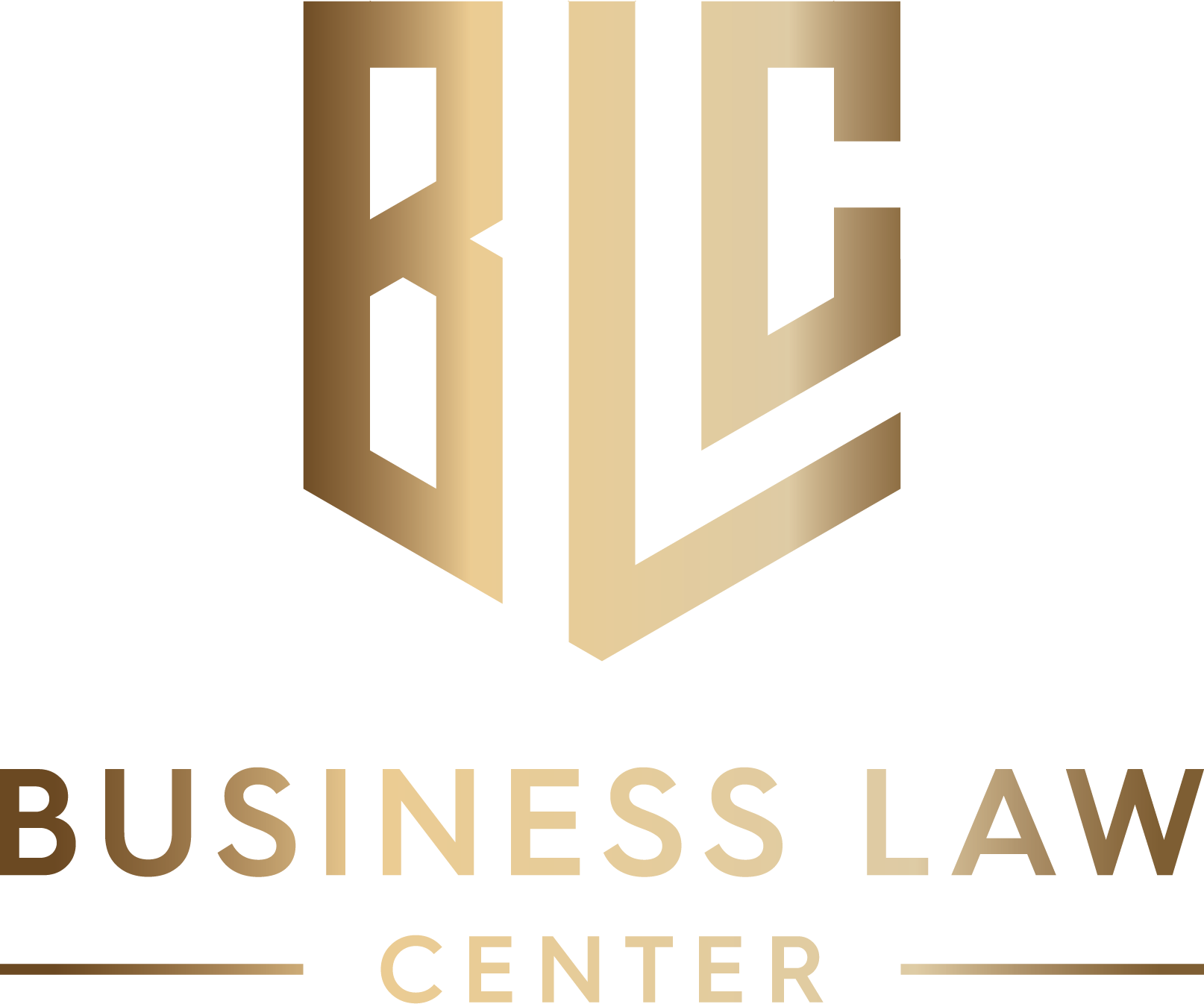The Revised Uniform Fiduciary Access to Digital Assets Act (RUFADAA) has swiftly expanded across the country, and has already been enacted in 32 states including Minnesota in August 2016. The RUFADAA places the responsibilities of properly planning for digital property on estate professionals. A common misconception is that this law automatically allows fiduciaries access to review accounts. This simply is not true, and blanket digital executor language in the estate documents will not be recognized by site owners.
Personal accounts: Many recent changes. In 1995, the average American had 10 traditional accounts (savings, checking, credit cards, merchant accounts, etc.). Today, that same population has 130 different digital and traditional accounts.
Estate administration is undergoing a sea change. Digital assets are creating new challenges. I see more and more estate planning clients coming to me with an increasing number of personal accounts and they’re unclear what to do with them. Clients have everything from financial accounts to travel rewards programs to social and professional networks online with no method of managing them. There’s risk of any number of these accounts becoming hidden or forgotten during estate administration, leaving loved ones to deal with finding and closing them. I see personal representatives left with the task of re-opening and finalizing an estate they thought was settled.
Loved ones are left confused. Navigating the complex requirements of tracking down and notifying the myriad of personal accounts can be overwhelming and complicated. The multitude of accounts, lack of awareness of their existence and not knowing where to turn result in procrastination and avoidance. This can potentially become a breeding ground for identification theft and fraud. It’s an emotional and logistical nightmare leading to incomplete estate administration as well as potential liability.
The needs of our estate planning clients are changing. The proliferation of digital technology (and its adoption by all generations) is changing the role of the estate planning attorney. Legislation and regulation in this area are being introduced to guide estate planning attorneys. Our clients count on us for effective estate planning and administration. We are remiss in our responsibilities if we fail to be proactive in ensuring the proper handling of all types of accounts. Effective planning and peace of mind are critical but now must also include digital assets to complete their portfolio of off-line assets. My clients and my reputation demand more.
We need solutions. Clients aren’t aware of the impact hidden accounts may have on their estate nor do they have the resources available to properly plan for them. DCS provides me the opportunity to offer an efficient, cost effective way to keep track of and ultimately close or resolve accounts in the manner my clients wish.
Facts:
- Non-account holders using passwords can be in violation of state and federal regulations.
- Sharing passwords can encourage the breach of account holder agreement and is unsecure.
- The custodian’s terms of agreement may prevail over a court order. Custodians determine approval for access to accounts. Once an account is closed, all account contents may no longer available. To ensure disclosure, consent must be clear & express by the living account holder.
- Cash-value assets can be hidden almost anywhere, including online storage, email, e-commerce or even in a gaming account.
- Americans 65 and older spend an average of 4+ hours daily online.
Fictions:
- The estate is authorized to use the account holder’s password to access their digital account.
- Recommending that clients provide passwords to friends and family is a best practices.
- A court order will always give access to digital account contents.
- Closing an account and account content requests are the same.
- Digital assets can wait to be dealt with until the time of death. Only financial institutions hold cash-value
- Digital estate management is just for younger
Fiduciaries that may be granted rights:
- Personal Representatives;
- Conservators;
- Agents acting pursuant to a power of attorney;
Each of the above categories of fiduciaries is subject to different opt-in and default rules based on the presumed intent of the account holder and the applicability of other state and federal laws.
Under the Act, a personal representative is presumed to have access to all of the decedent’s digital assets unless that is contrary to the decedent’s will or to other applicable law. A conservator may access the assets pursuant to a court order. An agent acting pursuant to a power of attorney is presumed to have access to all of a principal’s digital assets not subject to the protections of other applicable law; if another law protects the asset, then the power of attorney must explicitly grant access. And a trustee may access any digital asset held by the trust unless that is contrary to the terms of the trust or to other applicable law.
Additional/Optional POA Clause:
_____ (N) digital property management and transactions as defined in Minnesota Statutes, Section 523.24, or applicable Fiduciary Access to Digital Assets Act.

